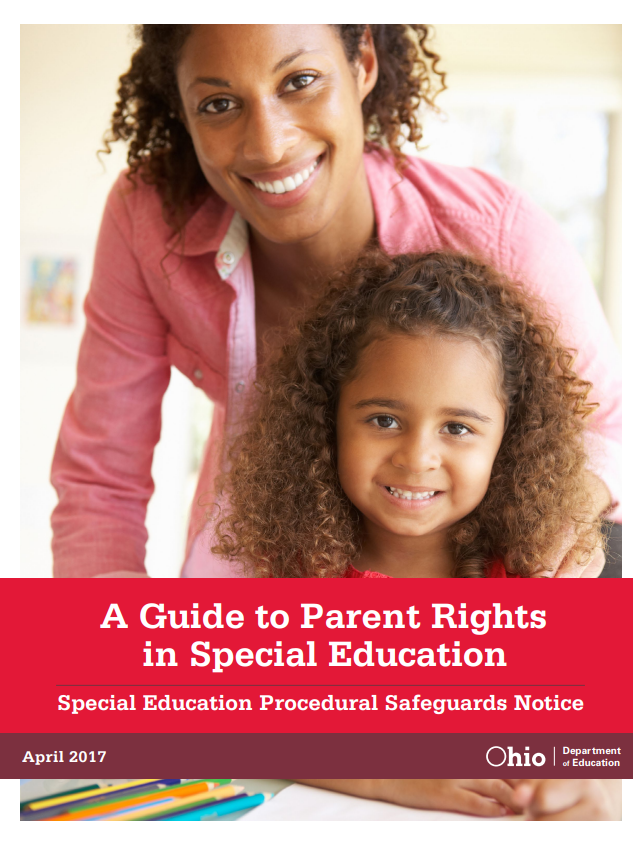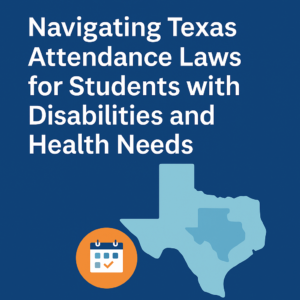Your child has the right to an education regardless of their school attendance problems. Getting your individual state’s guide to parental rights is the first step to understanding how your school can help your child.
Each state guide details the procedures, processes, and timelines used for different school resources like IEPs and 504 Plans in your state. They explain the process of how to request your school’s support and explain your state’s qualifications for each level of intervention.
We know how busy you are taking care of your family, so we have compiled a list of every state’s guide.
Access the list here.





